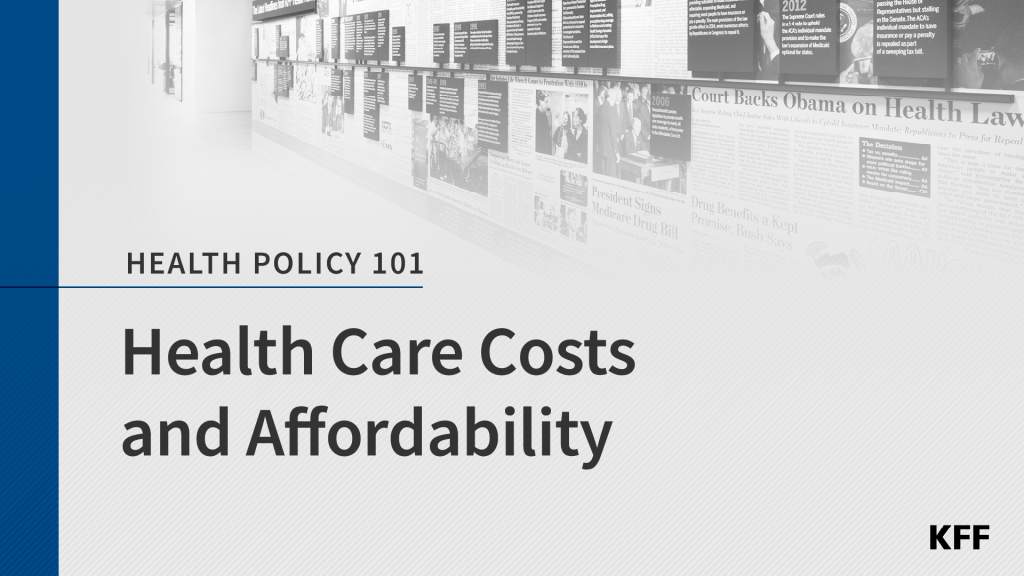The Implications of Federal SNAP Spending Cuts on Individuals with Medicaid, Medicare and Other Health Coverage
Proposed changes in eligibility rules in both SNAP and Medicaid may jeopardize some people’s access to both adequate food and health care if various provisions of the bill take effect, in part because there is a significant overlap in eligibility requirements for Medicaid and SNAP across states. Four in 10 (40%) Medicaid enrollees receive SNAP benefits.
